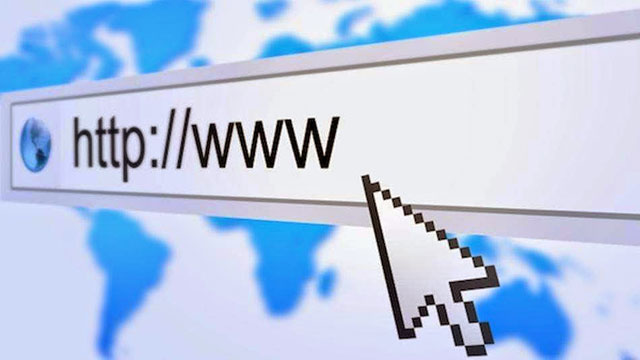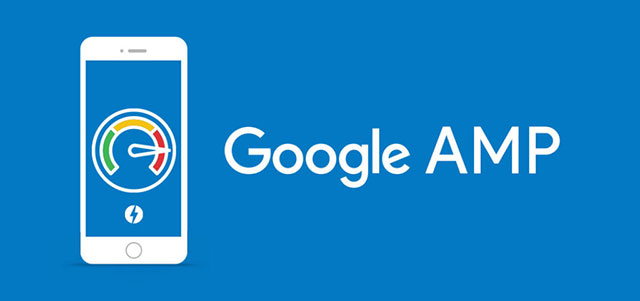It sounds simple but do you know what the web is?
What exactly is the web? Although it sounds like a silly question, everyone knows the answer: web is Tim Berners-Lee's invention in 1989. It's not the Internet, which you use to access websites, applications or video streams. . The web is what we visit every day with a mobile web browser, computer. Is it that simple?
Actually not.We often think of the web as a combination of certain technologies with some core rules . But the problem, and also the reason why we ask the question of what the web is, is that there are many alternatives to the parts of the web when technology fails and the rules are no longer so important.
The technology you think about when you think about the web is HTML, Javascript and CSS (for simplicity, just call the HTML group). These technologies are very open and flexible so it seems to be controlling the whole world. Flexibility means they have been abused, the mobile web is slower by tools to track privacy infringement or drain the battery of the device.

Many technology companies seek to solve this problem. Web applications work on Chrome but cannot work elsewhere. Then comes Instant Articles on Facebook, AMP pages on Google or Instant Apps Android allow you to run a portion of your app on the Internet without having to install it. Google claims to put web standards on smart speakers. Back in 2014, Apple expert John Gruber said that we should consider " applications and anything that transmits using HTTP and HTTPS " as part of the web.
In theory, the web is not necessarily about HTML groups. Try defining the rules of the web without technology. HTML web can be slow, processing time is long but before replacing them, don't forget the strong points. The short definition of the web could be this:
To be considered part of the web, your application or website must:
Can connect, and
Allow any client to access.

The first point is nothing difficult to understand, it means that anything you post must have a URL to point back to . But the complexity is not in the link but in that it must allow any client to access. With the website, this rule is very clear, whether you use Chrome, Safari, Edge or Opera, just click or type the URL, you will reach the address you need. Although built by web standards and W3C, but gradually, problems arise when a browser becomes too popular and the company behind it will ask web developers to program their browsers separately ( Internet Explorer 6, Mobile Safari or Chrome). But this problem will gradually be solved.
When talking about "open web", anyone can access it is a core issue. A website or application can be free and linkable but if it only works on certain platforms (iOS, Android, Facebook, Chrome) then it is not really open anymore.
Now you can look through everything and check the above two factors, whether it is considered part of the open web or not.Android Instant Apps only works on Android. Facebook Instant Articles and Apple News (ignoring odd URLs redirection) only work on their platform. All are not web.
Maybe this is a little confusing, especially with Instant Articles or AMP. Especially AMP when it is built on the HTML group that created the web. Any normal web browser can view an AMP page, but this is due to Google's "hugeness", who define what can and cannot run on AMP and hence limit it. at the level they want.

Why is this question important? The openness of the web allows small companies to become big companies without permission from the big guys. Web protection, or its openness, means protecting a path for inventions, where big men don't stand guard. There is also a reason for me not to believe the big guys because there will be no motivation to encourage openness when you have the empire in hand.
See more:
- How is the Internet and WWW different?
- Difference between 32-bit and 64-bit Windows?
 The difference between programming and web development
The difference between programming and web development What is the decentralized application (DApp)?
What is the decentralized application (DApp)? M3U is what file? How to open, edit and convert M3U files
M3U is what file? How to open, edit and convert M3U files Bitsadmin complete command in Windows
Bitsadmin complete command in Windows What is Spear Phishing?
What is Spear Phishing? Learn about Brute Force attack
Learn about Brute Force attack